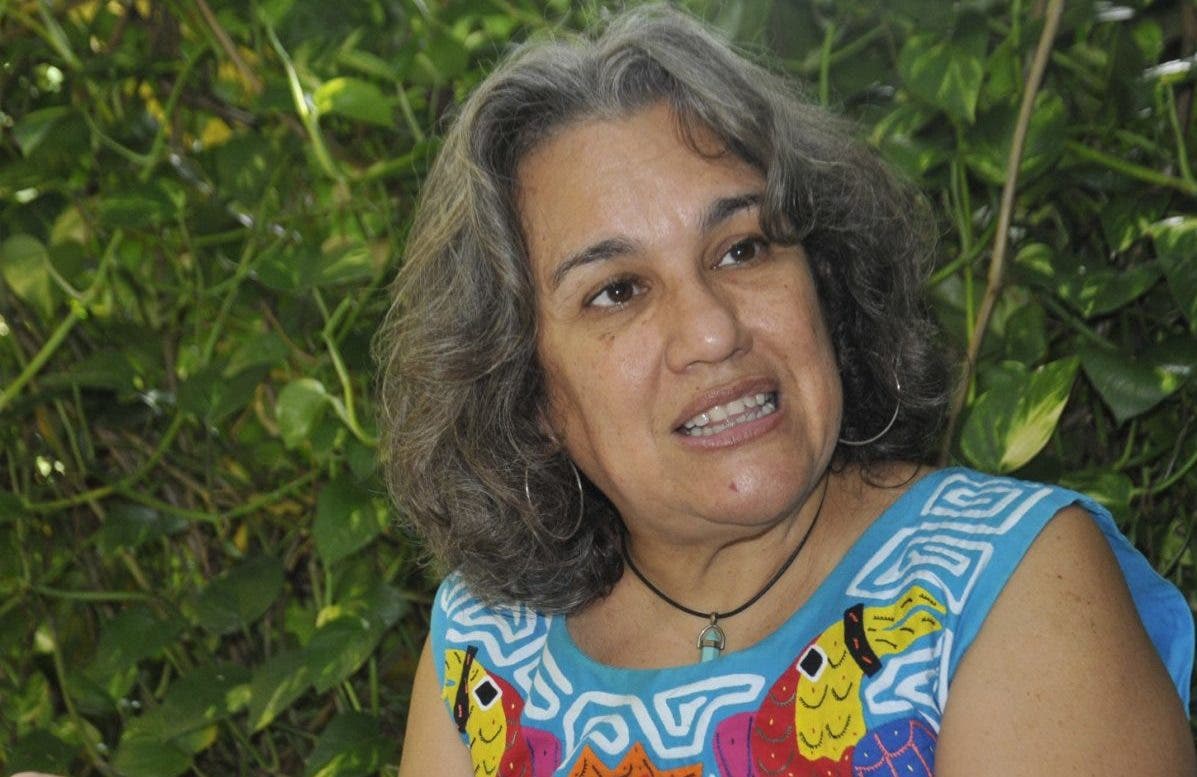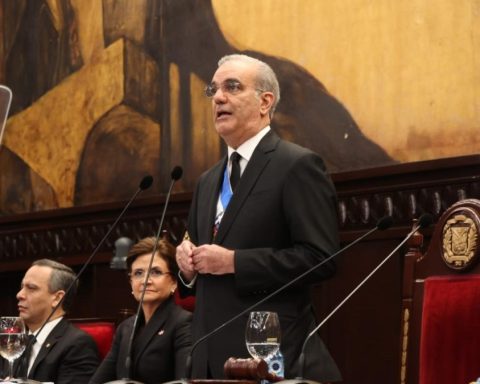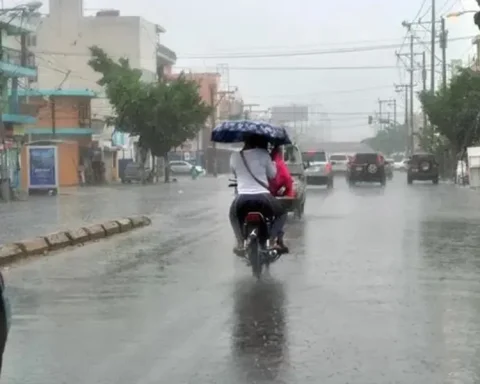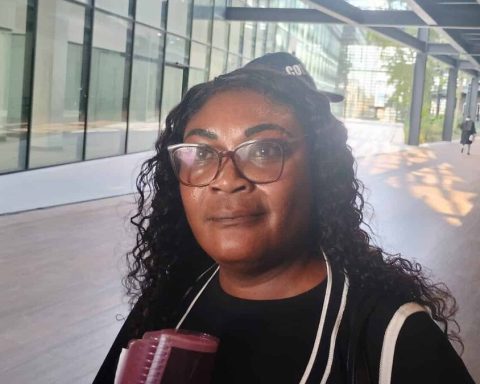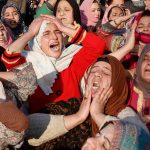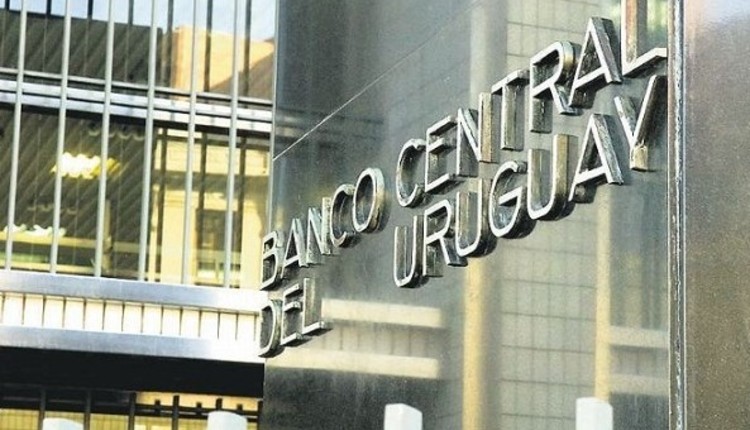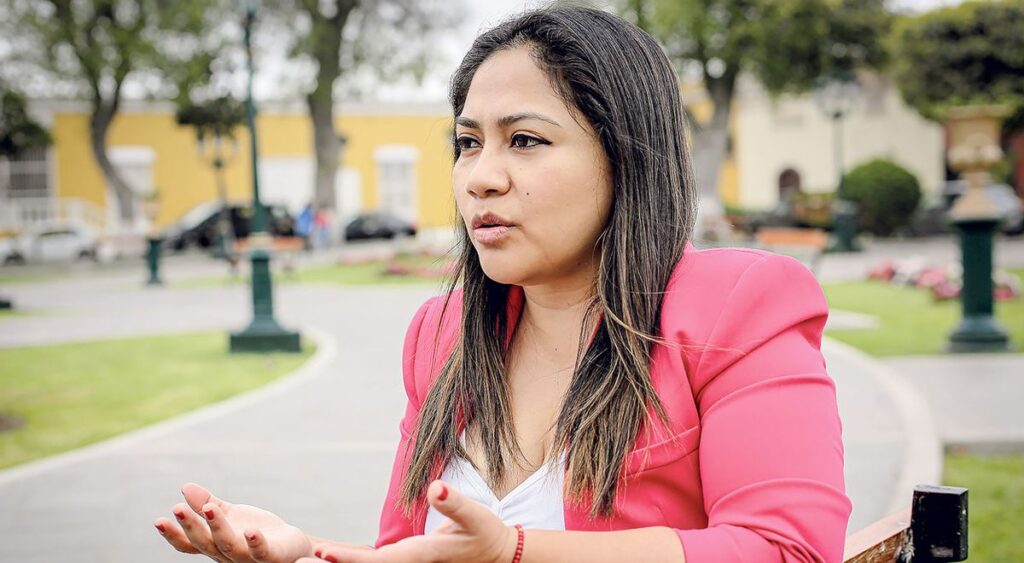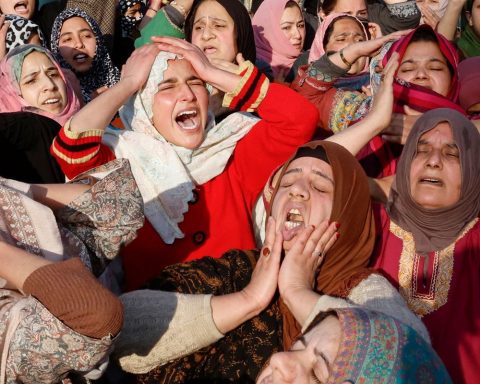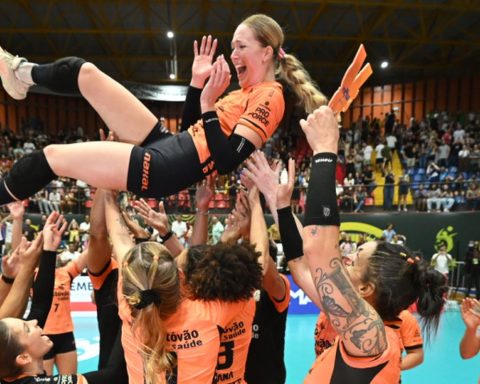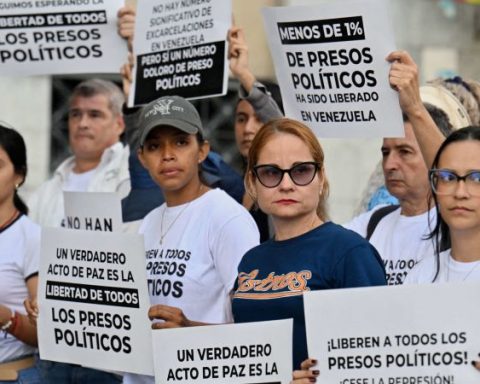Tahira Vargas takes a critical look at the context that generates and fosters violence, whose manifestations are socially accepted and even strengthened
The load of violence registered in Dominican society, which sometimes reaches more than alarming levels when multiple homicides and femicides occur, is the result of a vicious circle structured in physical abuse from home, social acceptance of the various manifestations of aggression, and a system of impunity based on links with political and police-military sectors.
The interpretation is from the social anthropologist Tahira Vargaswho affirms that if these knots are not undone, it will be difficult to lower the rates of violence that impact the country.
Only two bloody cases that occurred last August reflect the context of his statements: a triple femicide committed by a police officer, and a homicide for which a retired vice admiral is responsible for using an illegal weapon to commit the crime.
the police officer Esteban Xavier Cora he killed his ex-partner Indira de la Cruz, barely 19 years old, his ex-sister-in-law Indiana de la Cruz, his ex-mother-in-law María Nelly Tejeda, Mr. Liren Méndez, and injured a four-year-old boy.
We invite you to read: “The macho model” triggers violence of men against women
In the middle of an argument over an irrelevant reason at a fast food joint, retired Vice Admiral Felix Albuquerque and the communicator Manuel Duncan they engaged in blows; Although Duncan left the place, Alburquerque pursued him until he mortally wounded him.
“That’s not divorced from a person who probably grew up in a family where they got beat up a lot, who told them when they were kids they should fight and not be cowards, it’s not divorced from the fact that they think the wife belongs to them and can punish her. mistreating her, then all that management of violence as something normal that has no sanction, consequences, is what causes all those cases.
“Furthermore, in a society where we only look at corruption from one perspective, and we haven’t fully realized that there is a whole system of corruption and impunity that has allowed acts of violence to go unnoticed and remain without consequences due to cronyism. , relations with politicians or with police and military, there is little that can be changed”.
violence against women
Gender violence seems unstoppable, no state initiative has managed to reduce aggression against women committed by their partners or ex-partners.
You can also read: “Pestañitas” could face up to 10 years in prison for beating a woman
In this sense, Vargas understands that very little has been done to change that reality.
“Nothing has been done to break with machismo, on the contrary, we continue to strengthen it and attack feminists that machismo exists and they have invented it, so you deny machismo, you deny that there is a serious problem in the way you are training your men.
“Because who are the ones who commit the most homicides, femicides, robberies, robberies, traffic accidents, are men, the prisons are full of men.”
From her perspective, those responsible for the increase in violence against women are governments, the educational model and religions.
“Religions put women in their heads that they have to be submissive, if the man hits them they have to put up with it and stay there, because divorce is wrong, you cannot separate your family, so you have to stay in a relationship to Despite the mistreatment, and also understand that mistreatment is normal, “he said.
denial of rights
Vargas does not leave outside the circle of violence that which is exercised against children in the home, and that is socially accepted and reinforced as a model of upbringing.
In his opinion, accepting this pattern of behavior reflects how the denial of rights is rooted in society.
Can read: Keys to resolve conflicts
“When you have to take a bill to prohibit child abuse and discrimination and they did not accept it in the Congressit is evident that they do not want to legislate in favor of children, nor to sanction discrimination.
“Discrimination is violencewhen you verbally humiliate and mistreat, you exclude because of the color of your skin, because of sexual preferences or because of some disability“, he affirmed.
The issue of rights is not rooted in the educational model
authoritarian model
Tahira Vargas considers that one element that affects the reproduction of patterns of violence is the absence of a rights-based education model. In her opinion, there is fear of educating in rights because that conspires against the sense of responsibility that must be instilled, when it is quite the opposite.
In this sense, he stated that in Dominican society they want to continue with an authoritarian, vertical model, “with which you can mistreat, humiliate and subsume people, and it is not important that they know that what they are are victims of violence.”
Double standard
The expert in social anthropology considers that from the state spheres there is a marked interest in presenting the Dominican Republic as a country that is doing well in the context of citizen rights and violence, but in practice it is quite the opposite. “There is a lot of talk about the issue of public policies to reduce the levels of violence, there is a lot of wanting to comply with international standards, and wanting to sell that everything is fine in the country, but in reality nothing is being done to change all this. On the contrary, a situation of violence is legitimized.”
